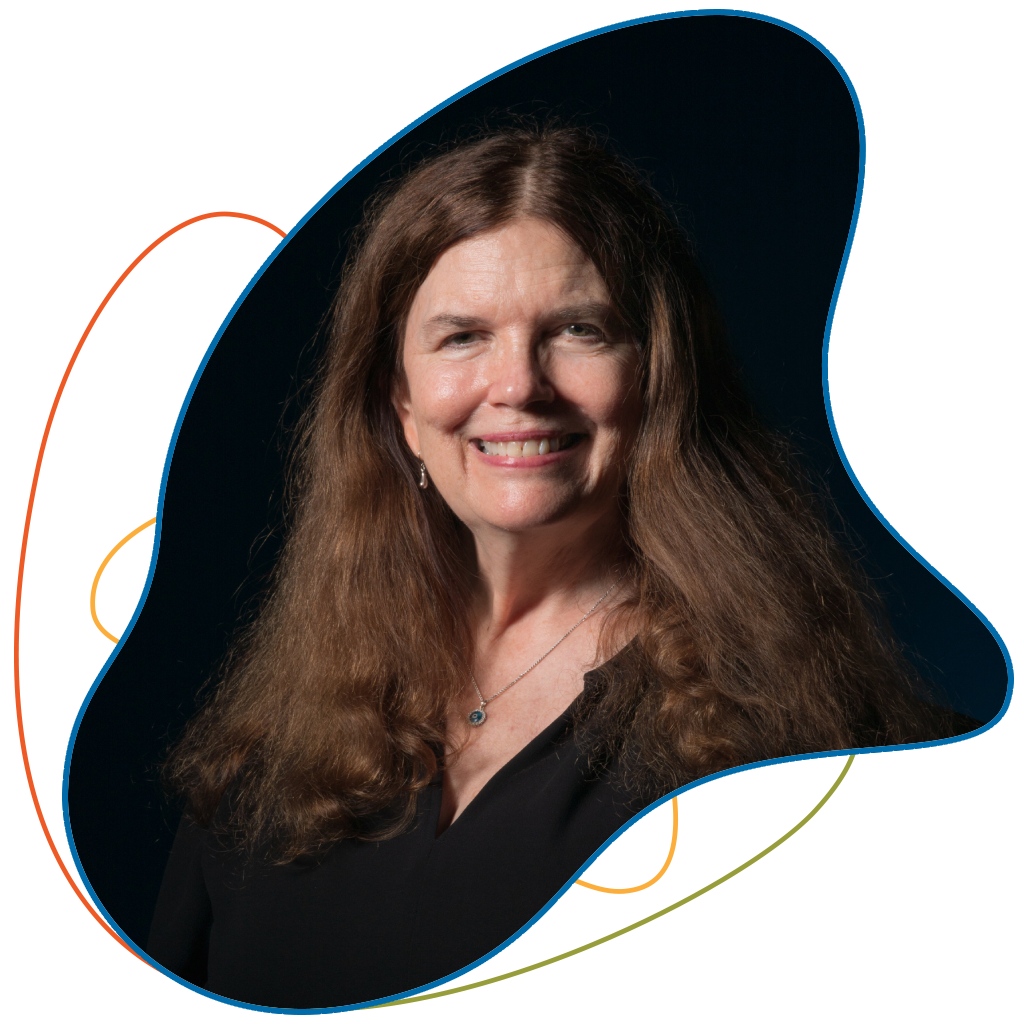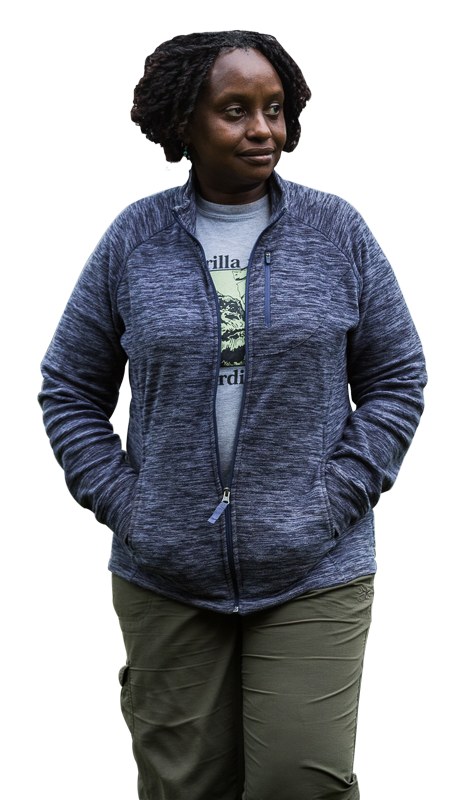
Anne Goldfeld
Profile
Dr. Anne E. Goldfeld is professor of medicine and pediatrics at Harvard Medical School, senior investigator at Children’s Hospital Boston, professor of immunology and infectious diseases at the Harvard T.H. Chan School of Public Health and Founder of the Global Health Committee. Her life’s work as a physician-scientist has been at the intersection of scientific research, delivery of medical care, and human rights. Her work in refugee camps at the Thai-Cambodian border in the post-Khmer Rouge era inspired her to launch the world’s first landmine prevention program in 1989 when she came face-to-face with victims.
Anne Goldfeld made the first-ever call for an international ban on landmines in 1990, publishing first-hand reports of their toll on civilians. She also co-founded the Cambodian Health Committee (CHC), a local non-governmental organization, in 1994, to address the lack of tuberculosis care in war-ravaged Cambodia. By 2000, the Cambodian population faced a new disaster, the specter of AIDS. For its victims, co-infection with tuberculosis was typically a death sentence. In response, Dr. Goldfeld essentially founded a new biomedical field, conceptualizing the synergy between the two diseases as a unique condition requiring a much improved treatment strategy, despite the prevailing prejudice that dual therapy regimens would be too complicated for these patients. This treatment strategy, adopted by the World Health Organization, saves roughly 450,000 lives every year. Learn more

